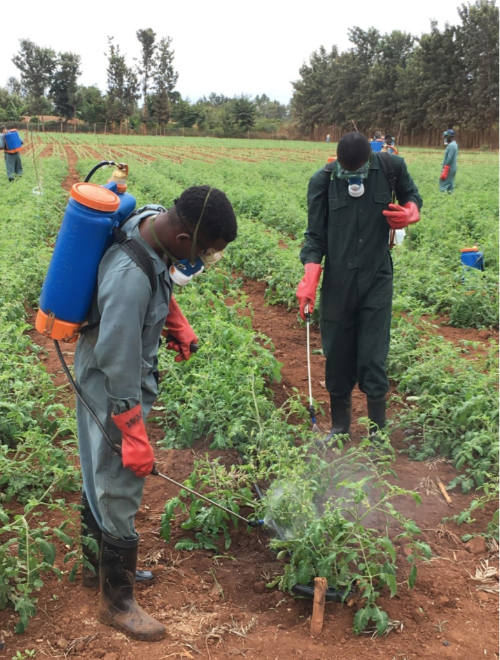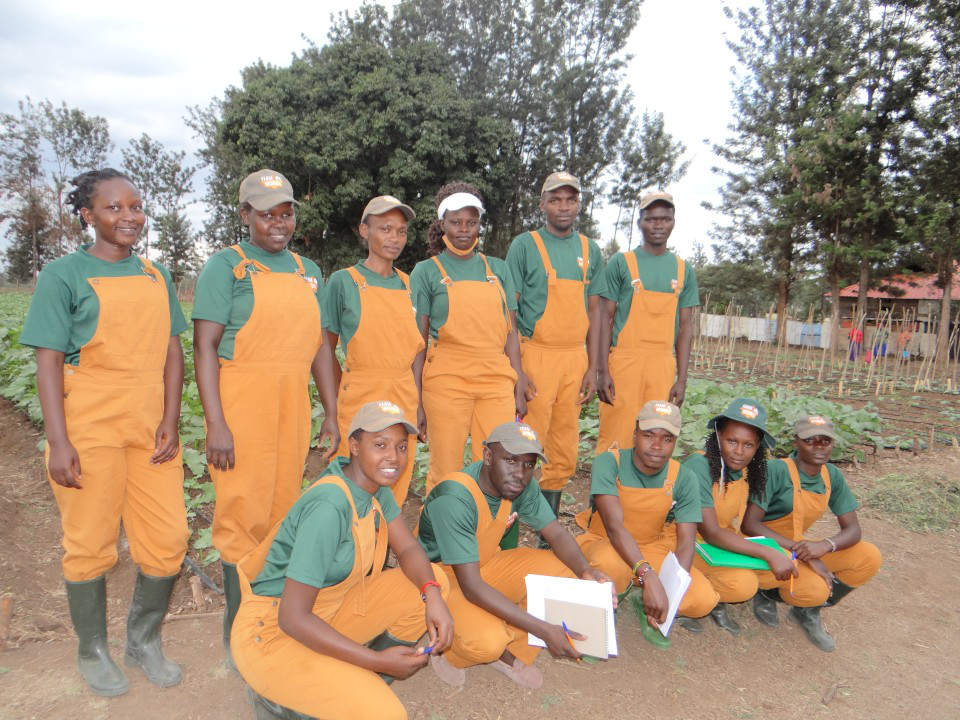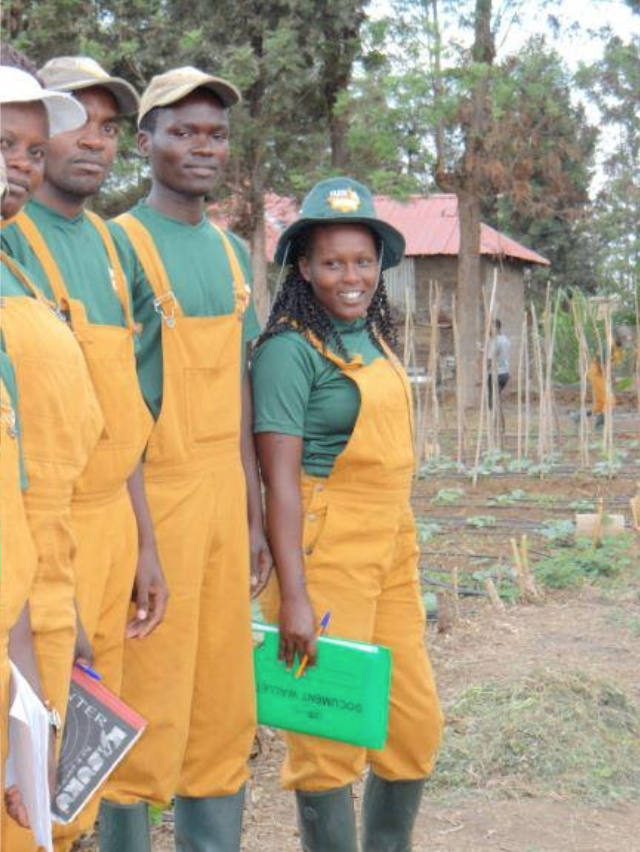Why FarmWorks Institute is needed
October 2021
A quick scan of the accepted view of what it takes to transform the livelihoods and well-being of farmers across Africa typically centers on 4 components: (i) access to quality inputs and machinery; (ii) access to markets; (iii) access to finance; and (iv) access to knowledge.
Most private and public sector and even philanthropic effort goes into the first 3 areas. They are tangible and progress is easily measured. Improved access to knowledge on the other hand is significantly harder to achieve and measure and is thus often left to local governments and not-for-profits (with a very spotty record of impact and sustainability) to address.
In our experience (we’ll tell you a little about ourselves later), building human capacity -beyond simply access to knowledge, but including leadership skills and the right mindsets and behaviors – is the most fundamental of the challenges that needs to be addressed for systemic and sustained change in the livelihoods and communities of farmers across Africa. A few anecdotes from our own experiences:

We have a target to build and operate 200 mid-sized farms over the next 10 years in Kenya (with intentions to replicate across Africa). It is complicated and hard. We need to build the farms, develop systems and ways of working, adopt new technologies. Our single biggest challenge, however, is none of the above. It is finding the people who will run these farms. We will need 3,000 trained farming technicians and managers, to run these farms – and the skill to do this simply does not exist – a complete paradox in an agrarian country. Why?
Because real farmers are not trained in technical and vocational schools. They are trained on farms and there is not a single apprentice-based training program in East Africa today.
We are currently working with 300 small-holder out-growers as a pilot, hopefully expanding to over 50,000 in the coming years. Their biggest benefit from working with us? That we experiment alongside them, learn from their local food systems practices and introduce new practices that they can learn from. More important is behavioral aspects of our view on capacity building. For example, we will partner with AA to design programs to support farmers to overcome alcohol abuse – which has devastating social and economic impact on their personal and community life. Of course, we are working to make inputs, finance and markets available, but these are secondary to accompanying them on their journey of building capacity.

Half of our farmers are women. Standing at our office, 6 of our young farmers passed us on their way to lunch, laughing and smiling. A male farmer looks around jokingly and says “which one do you want?”. He points at the 4 women around him. All 6 of them laugh, mostly the women -it was a good joke(!). If 50% of our 3,000 future farming technicians and managers are going to be women, how is this possible if we do not help both the men and the women in building their capacity to recognize their inherent equality? If both groups are unable to see the women as equals, in some cases as their leaders; if the women self- sabotage and are unable to manifest their inherent potential, then we will fail and the system will fail.
Building human capacity, then, is much more than training people in the technical and managerial skills required to run farms (big or small), essential as this is. It involves a holistic approach to capacity that necessarily includes the beliefs and behaviors that guide our day-to-day lives.

Without addressing the human capacity aspect of the ag ecosystem, all the money and effort put into the sector will not deliver lasting, structural change. None of the work in inputs, markets, finance will give the farmer the knowledge and confidence to work with new techniques and technologies, nor will it help address the individual and collective belief in one’s self-worth, nobility and potential.
FarmWorks is an agricultural player, that is integrating 4 core activities:
1.We build and manage mid-sized nucleus farms, investing in the infrastructure, technology, people and processes to make these fully commercial farms
2.We leverage our infrastructure, in combination with Farmer Field Schools and collection points, to build a robust out-grower program with surrounding small-holder farmers
3.We are building an efficient go-to-market capability to enable the efficient movement of produce from our own and out-grower farms to the markets
4.We have established the FarmWorks Institute, a not-for-profit entity serving as East Africa’s only apprentice-based training program to build the capacity of our farmers and out-growers In all of this, the most unique of our contributions to the field of agriculture will be the development of the Institute. It is essential for our own growth and performance, and it is the most systemic change that we will be supporting. FarmWorks itself was borne through the partnership of a financial investor with a fanciful idea and an experienced farmer, once trained as an apprentice. The investor often says, “if a clueless person like me can partner with Peter (co-founder and head of production at FarmWorks), to create a vision this big, imagine what happens when Kenya has thousands of Peters”. And this will hopefully be replicated across Africa, once we get it right.
We have started with humble, but necessary beginnings. Our second and third farms are almost entirely run by the 50 apprentices trained on our first farm. Our most capable managers are those rough gems, who through their own efforts and our support, are discovering their inherent potential.
But if we are going to do something meaningful, we are going to need to invest very purposefully in our Institute capabilities – across the content and curriculum (for both technical and behavioral capability building); a world-class team that will build on the basic foundation we have laid and give it a life of its own; and the infrastructure required to enable the full depth of the apprenticeship required.
We purposefully established the Institute as a social enterprise, both because we know that building it to its full potential lies beyond FarmWorks’ own ability to invest in and that it needs to serve as a public good, well beyond the needs of FarmWorks. In the meantime, we continue to apprentice away …

